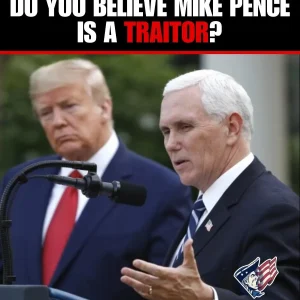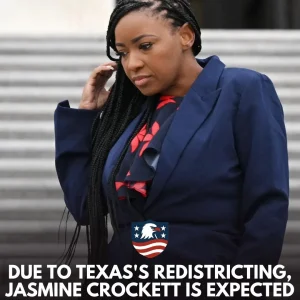In a move that has ignited fresh speculation amid escalating legal scrutiny, Hillary Clinton has reignited her nonprofit organization, Onward Together, with a renewed call for donations. The initiative, which funnels contributions directly to ActBlue—the Democratic Party’s prominent fundraising platform—comes at a precarious moment for the former Secretary of State. Political observers are raising eyebrows over the timing, suggesting the funds may be earmarked for mounting legal defenses as allegations of her direct involvement in the so-called Russian Collusion Hoax resurface with damning new details.
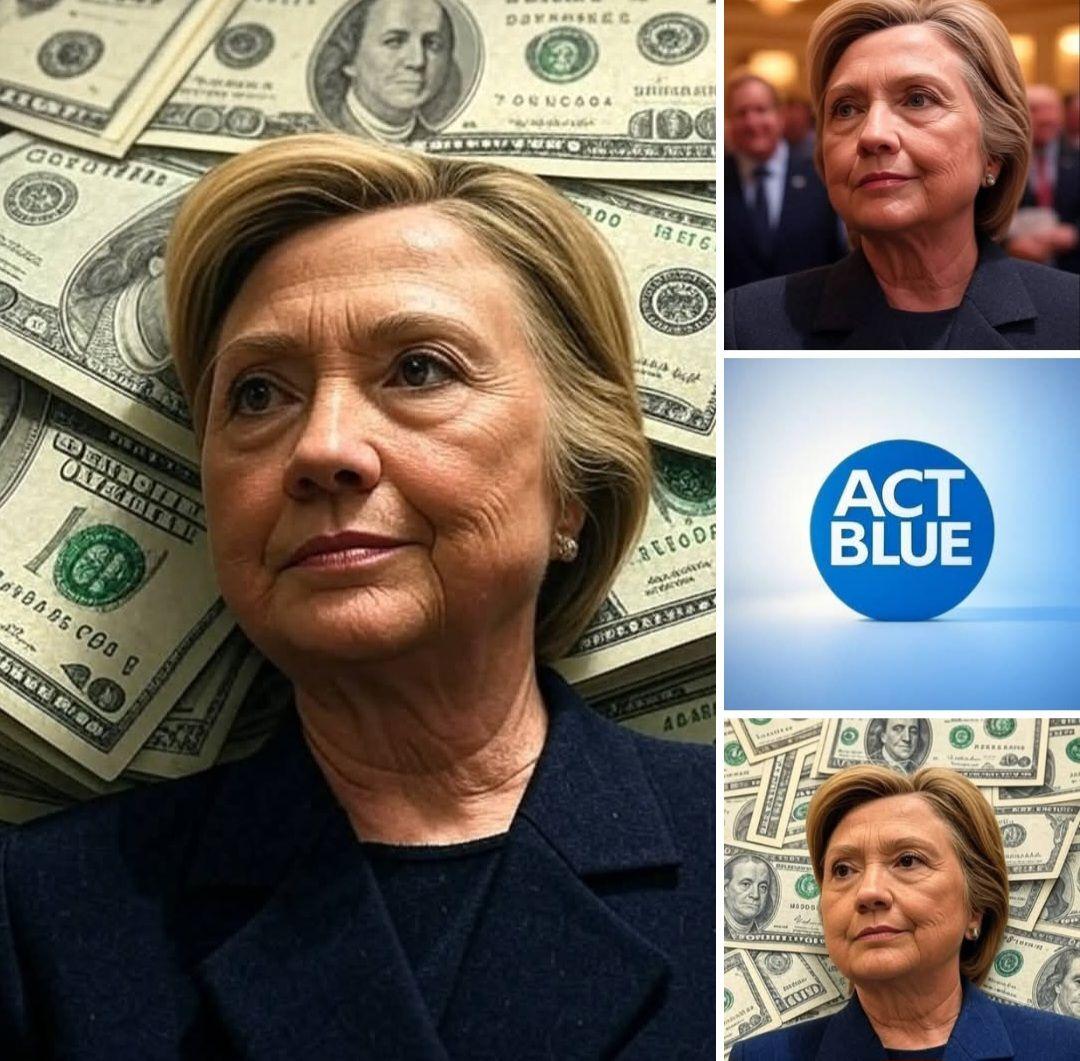
Onward Together, established in 2017 as a resistance effort against Donald Trump’s presidency, has long positioned itself as a vehicle for progressive causes. Its website proudly declares a mission to “lift up emerging organizations” and support candidates aligned with Democratic values. However, critics have repeatedly labeled it a shadowy slush fund, accusing it of circumventing transparency rules by not disclosing donors and channeling money to handpicked allies. Recent examples include substantial backing for Virginia gubernatorial candidate Abigail Spanberger, whom Clinton has personally endorsed and funded. Now, with ActBlue already under federal investigation for alleged irregularities in donation processing and potential foreign contribution schemes, the nonprofit’s latest push is drawing intense criticism.
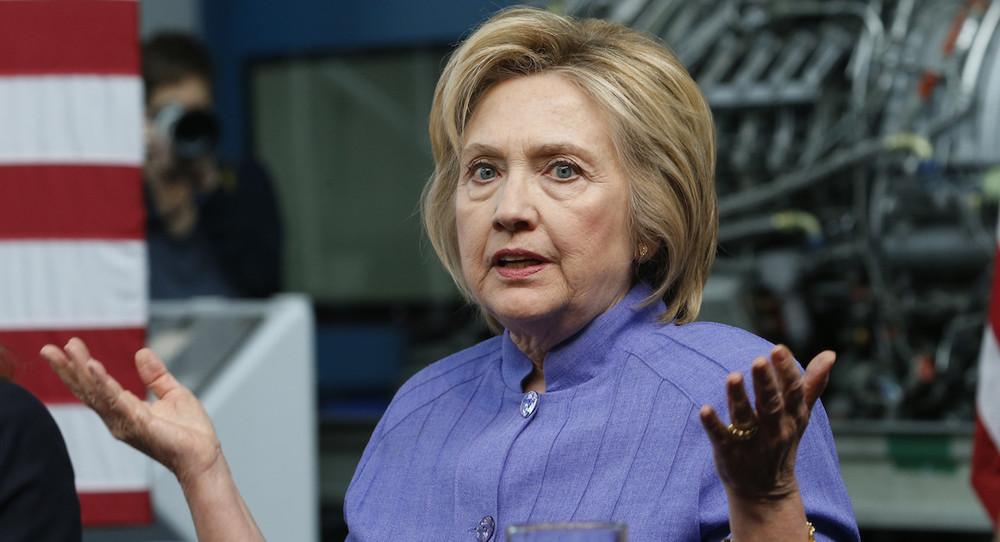
The campaign’s launch email, circulated to supporters, evokes nostalgia for past battles while urging immediate action. “Eight years ago this summer, we launched Onward Together to keep doing good for all the people we can, in all the ways we can, for as long as it takes,” it reads, painting a picture of unwavering commitment. Yet, this plea for financial support arrives hot on the heels of explosive revelations from recently declassified documents released by Director of National Intelligence Tulsi Gabbard. These files purportedly expose Clinton’s explicit approval of a smear campaign linking Trump to Russia’s Alfa Bank—a fabricated narrative designed to undermine his 2016 candidacy.
According to the documents, Clinton not only greenlit the operation but also saw it escalate under the Obama administration’s watch. Sources indicate that then-President Barack Obama allegedly instructed the FBI to disregard credible intelligence debunking the Trump-Russia ties, instead prioritizing contrived evidence to fuel the investigation. This has reignited debates over the origins of the Mueller probe and the broader “Russia Hoax,” with pundits questioning whether it constituted election interference at the highest levels.
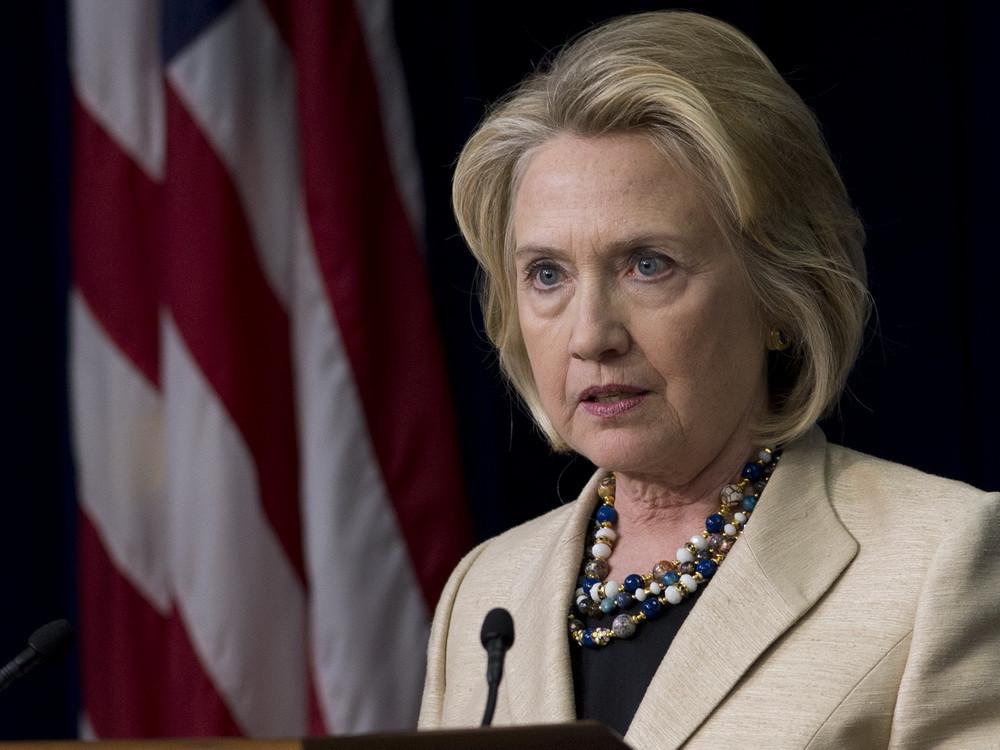
Insiders close to the Clinton camp describe a weekend of intense consultations with legal teams, portraying Hillary as deeply distressed—”torn apart” by the prospect of facing indictments. Her inner circle, including former national security advisor Jake Sullivan, is reportedly lawyering up in anticipation of federal charges. Sullivan, now serving in the Biden administration, has faced his own scrutiny over past roles in the Clinton campaign’s foreign policy maneuvers. The leaked email, which surfaced just days before the fundraising drive, shows Clinton approving the Alfa Bank story’s dissemination, adding fuel to claims that she orchestrated a deliberate disinformation effort.
Political analysts across the spectrum are dissecting the implications. Conservative commentators view the fundraising as a desperate bid to build a war chest for legal battles, potentially shielding Clinton and her allies from accountability. “This isn’t about ‘doing good’; it’s about self-preservation,” one pundit remarked on a recent broadcast. Even some moderate Democrats express unease, noting the irony of Clinton’s group decrying dark money while operating in opacity. Onward Together’s structure allows it to bypass stricter disclosure requirements, raising ethical questions about its true purpose.
ActBlue’s ongoing probe further complicates the narrative. The platform, which processes billions in donations for Democratic causes, faces accusations of lax verification processes that may have enabled illicit foreign funds to infiltrate U.S. elections. Investigators are probing whether these schemes benefited high-profile figures like Clinton, amplifying suspicions that Onward Together’s latest drive is intertwined with these controversies.
As the story unfolds, it underscores enduring divisions in American politics. Clinton’s supporters defend the nonprofit as a legitimate force for change, emphasizing its role in grassroots organizing and candidate support. Detractors, however, see it as emblematic of entrenched elite maneuvering, especially with Gabbard’s declassifications casting long shadows over the 2016 election’s integrity.
The broader fallout could extend to Obama-era officials, prompting calls for a sweeping review of intelligence practices. With midterm elections looming, this scandal risks alienating voters wary of perceived corruption. Clinton’s team remains defiant, framing the fundraising as a continuation of their fight for progressive ideals. Yet, as legal clouds gather, the question lingers: Is Onward Together truly about moving forward, or merely a shield against the past catching up?
In the end, this development highlights the precarious intersection of philanthropy, politics, and accountability. As donations pour in—or dry up—the true test will be whether these funds propel causes or merely fortify defenses in what could become one of the most contentious legal sagas in recent history

